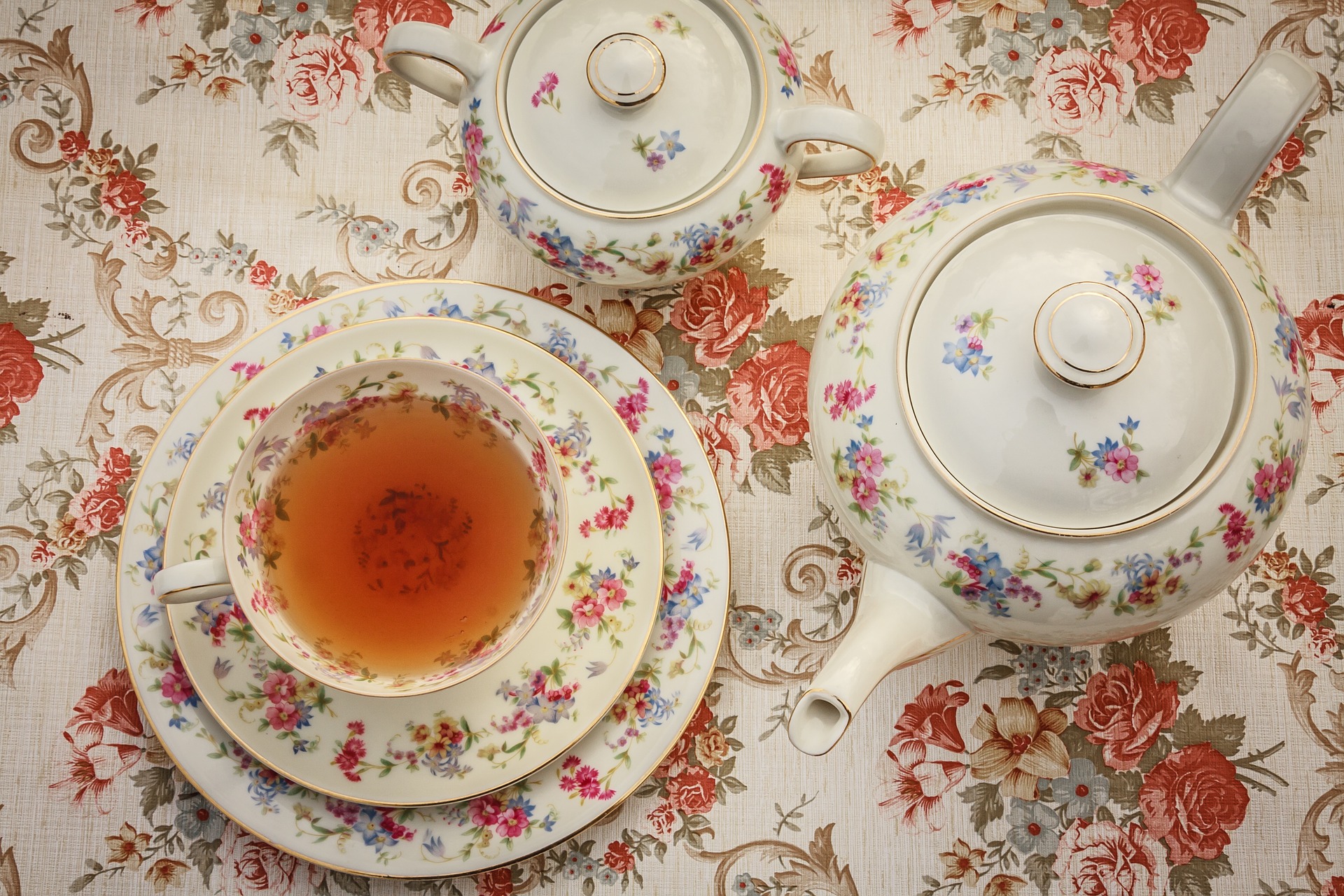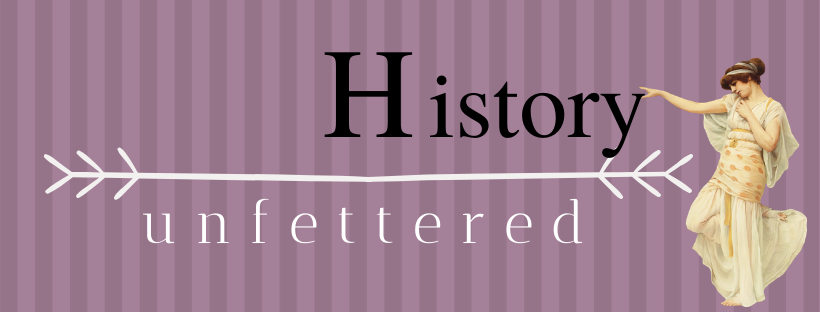How the English Fell in Love with Tea

The recent Fourth of July celebrations have me thinking about tea. It had a part, after all, in getting this whole independence thing started. What is it that makes tea oh-so-British?

In the Beginning, God Made Tea
Well, as British as it seems, tea wasn’t born in England, and it didn’t even appear there until the mid-17th century. Its origins are in China, and for a large chunk of time, Asia is where it stayed. The Portuguese were probably the first Europeans to drink tea; they had been living in the East as traders and missionaries since the 1500s. It was the Dutch, however, that brought it to Europe as a commercial venture. From their first sips, they were in love and overcome with a desire to share that love with the rest of Europe. Well, that and they figured they could get a pretty good price for it.

England’s First Cuppa
Teas introduction to England came as a 1658 advertisement for a London coffee house. Hot spots for intellectual discussion among the middle and upper class, coffee houses were the place to be. People soon felt they looked much more enlightened with a cup of tea in hand. That it was popularized as a health drink made them look all the smarter.
The new kid on the block held its own, and soon the young padawan became a strong rival of its master, coffee. The 1664 marriage of Charles II to Catherine of Braganza, a Portuguese Princess, and tea aficionado, only helped tip the scale. Of course, if the Royals are drinking it then everyone who can afford it is drinking it as well. With demand growing the East India Company, which had only been trading in spices up to this point, shipped its first 100lbs to England. It was the beginning of a beautiful—and profitable—relationship.
You’re My sweetheart
Princess power is strong, but tea got a boost from another good looker: sugar. Around this time Brits who could afford it were putting sugar on everything down to their meat. Once it hit the teacup, they knew it was a match made in heaven. For a while, people believed sugar was a health food in its own right. Eventually, like a bad lover, sugar could no longer hide its dark side. “Sugar, you are dead to us,” the upper classes said, “But we’ll make an exception for our teacups.” So, with the help of a spoonful of sugar, tea became the darling of fashionable society by the 1730s.
Eventually, tea-drinking trickled down to the more common folk, but it took until the late 18th century. By then prices had come down making it cheaper than beer, the breakfast of champions. Its ability to fill an empty stomach coupled with its reputation as a genteel drink helped boost its sales. Now everyone could close their eyes, sip some tea and pretend they were waiting for a carriage to take them to the palace.
Two for Me, and Two for Me
Of course, we all know that the tax on tea was one of the things that really miffed those American colonists way back in the 1770s. England, however, was equal opportunity when it came to taxing tea. Charles II started taxing the English way back in 1676. Well, the crown realized what a good thing they stumbled upon. Being greedy, they raised the taxes even higher. By the middle of the 18th century, they reached a whopping 119%. It’s gotta be real love to pay that much, real love.
Mankind is a resilient lot, however, and we often find ways around such difficulties. And so a new trade developed: tea smuggling. Although I prefer Non-Government-Approved Tea Acquisitions, it’s more politically correct, don’t you agree? Smugglers—I mean acquisition specialists—would rendezvous with offshore ships from Holland and Scandinavia where they would then sneak the tea into the country via a series of clandestine passages. It was a tea-time mission impossible, and the mission was a success. The profits of the East India Tea Co. plummeted. The king’s tax game, was, as they say in Latin, mort. And so in 1784, the tax was lowered to 12.5%. In comparison, the tax on American tea ranged from .8% to 66%. Just in case you were wondering.
Happy – but not Ever After
So while America went on to be a nation of coffee drinkers, the British continued with their tea. They love tea, they drink it for breakfast, lunch, and dinner. They sleep next to their cups, and in the morning they wash their hair in it. Statues are erected to honor tea.
Well, not exactly. Tea consumption in England has dropped 63% since the early 1970s. These days the UK ranks 12th in worldwide tea consumption, with Paraguay taking the lead. The consumption of coffee has tripled in the same time period. Oddly it’s the instant variety they find particularly tasty. In my humble opinion that’s about as much like coffee as Yoohoo is like chocolate milk. But that’s a debate for another day.
Sources:
http://www.britainexpress.com/History/tea-in-britain.htm
http://www.tea.co.uk/tea-a-brief-history
http://www.telegraph.co.uk/travel/maps-and-graphics/tea-consumption-per-capita/





Alan Asnen | 17th Oct 19
Okay, first criticism (hopefully last): I’ve noticed you keep these short. Probably wise. Sometimes you skim over connecting explanations, as in here…sugar went from being used in everything to sugar went to bad boy. That might have been too big a skip (it was for me). Perhaps another line or two? Perhaps link to another article (or even a hint that another one will be written on the subject in the future). Again, my hot air…
nicolvalentin | 18th Oct 19
I see your point. I’ll try to keep an eye on that in the future. There are so many things I want to include, but then I can get rambly. Sometimes it’s hard to know what to include and what to keep out. But I appreciate your viewpoint! 🙂